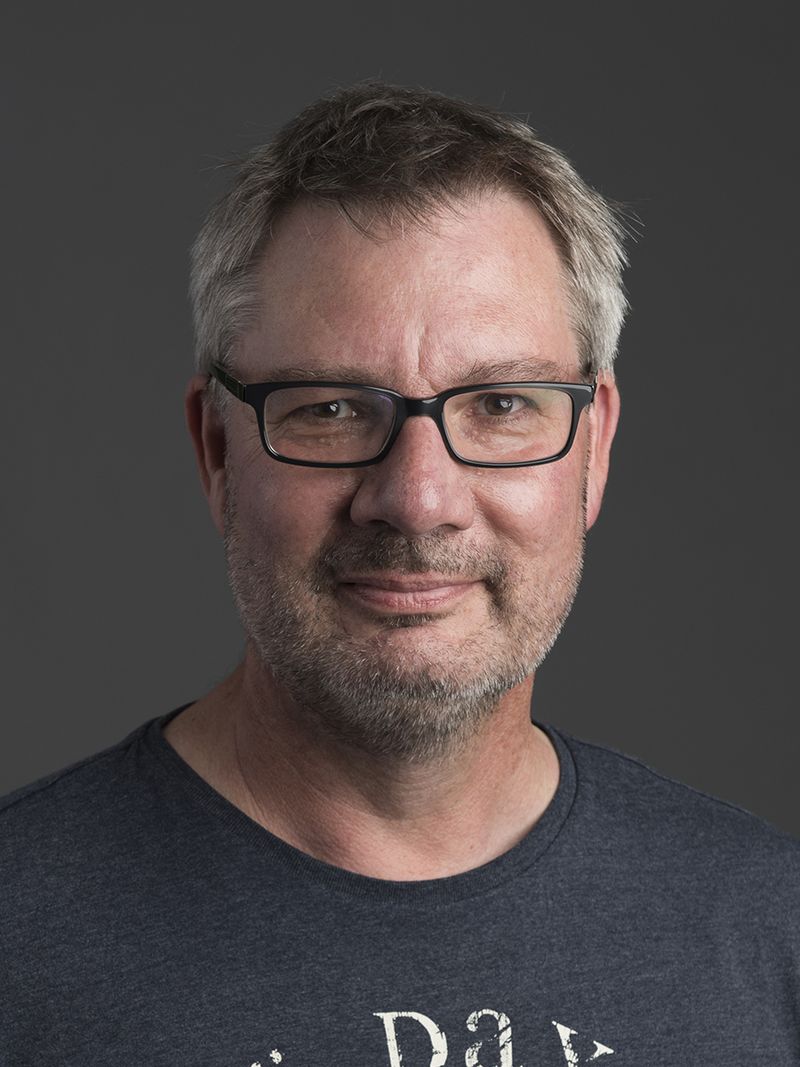Geen bewerkingssamenvatting |
Geen bewerkingssamenvatting |
||
| Regel 4: | Regel 4: | ||
|Name=Hans de Bruin | |Name=Hans de Bruin | ||
|Imagename=Hans 2016.jpg | |Imagename=Hans 2016.jpg | ||
|Profiletext=‘How to make progress among people who hold different worldviews.’ My motivation is an idealistic one. How can we make the world a little better together? As the Expertise and Valorisation Management professor I am dealing with this question almost daily: how can we use each other’s expertise in such a way that we do the right things together? I work in a broad field of topics, environmental management, energy transition, mobility, but equally so for issues in the field of dementia or cancer. Students are introduced to the scientific ‘system thinking’ approach. Three competencies are important here, namely conceptual thinking, critical reflection and connecting. With these competencies you can become the ‘facilitator of change’ we aim for. We work on this together, based on content and with exercises. We learn to question each other: what is your goal and what are your assumptions? In this way we discover that people have different worldviews, assumptions and beliefs. What steps can you ultimately take that are | |Profiletext=‘How to make progress among people who hold different worldviews.’ My motivation is an idealistic one. How can we make the world a little better together? As the Expertise and Valorisation Management professor I am dealing with this question almost daily: how can we use each other’s expertise in such a way that we do the right things together? I work in a broad field of topics, environmental management, energy transition, mobility, but equally so for issues in the field of dementia or cancer. Students are introduced to the scientific ‘system thinking’ approach. Three competencies are important here, namely conceptual thinking, critical reflection and connecting. With these competencies you can become the ‘facilitator of change’ we aim for. We work on this together, based on content and with exercises. We learn to question each other: what is your goal and what are your assumptions? In this way we discover that people have different worldviews, assumptions and beliefs. What steps can you ultimately take that are arguably desirable and culturally feasible? The theory we use for this is the social theory of a sustainable society. I graduated in 1987 as a computer scientist at TU Delft and obtained my PhD at the Erasmus University Rotterdam in 1995. In addition to my work at research universities and at HZ, I gained experience as a software engineer and consultant in the business world. | ||
|Stakeholder=STKH 00002,STKH 00007 | |Stakeholder=STKH 00002,STKH 00007 | ||
|Email=Hans.de.Bruin@hz.nl | |Email=Hans.de.Bruin@hz.nl | ||
| Regel 41: | Regel 41: | ||
{{CNTR Project | {{CNTR Project | ||
|Project=PR 00276 | |Project=PR 00276 | ||
|CNTR Role=Project member | |CNTR Role=Project leader, Project member | ||
}} | }} | ||
{{CNTR Project | {{CNTR Project | ||

